This week, Molly-Mae Hague trended on Twitter for what must be the 1000th time this year. No, it wasn’t one of her viral giveaways, nor have her and Tommy Fury got engaged or anything – it was actually because of something she hadn’t done: speak out about the escalating violence and devastating casualties of the Israel-Palestine crisis.
It came after social media users began commenting online about the various influencers who were yet to post anything, questioning why they hadn’t and whether they were using their platform responsibly. Comedian Munya Chawawa opened up about it on Instagram Stories, explaining that he had received tons of direct messages demanding he speaks out but felt that putting too much pressure on non-political influencers to talk about complex global political issues would only result in them sharing misinformation.
One influencer, who wishes to remain anonymous, told us she had also felt immense pressure to post.
‘Last week, I woke up to a DM saying “I'm so disappointed in you. You are not using your platform to talk about Palestine. Staying silent is agreeing with Israel, agreeing with ethnic cleansing. Educate yourself and speak out.” That was just one of many,’ she says. ‘Once I closed my DMs and got back onto my home feed I saw a post from Julia Horowitz that said: “If you have no connection to this conflict, please take a seat. You chiming in on Middle Eastern geopolitics and then going about your day is the height of privilege, these aren't your lived experiences.”
‘Of course I had read about the Palestine-Israel crisis, I had already sought out voices involved in the conflict, already watched the videos and news reports coming out of the region, but as a beauty content creator I didn't think I needed to screenshot my reading materials and share them. To do so, I thought, would be to patronise my audience who are very aware of world affairs,’ the influencer continued. ‘Having worked online for years I know only too well how fast fake news spreads - I couldn't possibly verify that all the videos and reports I'd seen were 100% true and didn't want to be part of the problem.’
She also felt obligated to let the people affected by this crisis speak out, rather than chiming in with her own opinions.
‘As a woman of colour I wished people who had no tie to the Black Lives Matter movement would have stayed quiet after the death of George Floyd in May 2020,’ she explained. ‘The news was full of non-Black people speaking out, saying the wrong thing and getting cancelled, instead of lifting up marginalised voices from the Black community, non-Black people with a “platform” felt pressure to speak and took all the attention away from the issue itself - I didn't want to be one of those people in this instance.’
Please don't mistake everyone's silence for ambivalence.
However, after feeling the pressure from her followers, the influencer shared a news report from what she believed to be a reputable publication, only to receive further angry direct messages.
‘People started sending me other resources saying that the media wasn't to be trusted and they weren't reporting the crisis correctly. It can be hard to post the “right thing” and much of the activism that needs to be done is offline, please don't mistake everyone's silence for ambivalence.’
It’s an intriguing experience, touching on the question of whether or not influencers that don’t work within the political sphere have a responsibility to speak up. Despite the countless tweets demanding certain influencers do post something, when we spoke to readers and asked them that very question, the most common answer was ‘No.’
‘I understand why people get annoyed when their favourite influencer isn’t as politically motivated as them, or doesn’t appear to care as much about social injustice as they do – at least in what they’re posting online - but ultimately, I don’t think it’s the influencer's problem that they’re not living up to other people’s expectations of them,’ says Rachel*, 26.
‘If you’re following someone for their fashion and beauty content, or because you’re intrigued by their life or relationship, you can’t be surprised when that’s all they give you. If you want your social media to have more political content, you need to follow political activists and commentators who actually know what they’re talking about. There are plenty out there and they all deserve bigger platforms than they have, so how about boosting them instead of demanding someone who never professed to be a political expert to speak on something they most likely don’t understand?’
Of course, not everyone agrees. Some argue that not speaking up is akin to supporting the ‘wrong side’, that raising awareness is key to promoting protests and government action and that the more celebrities and influencers that do speak out, the better.
‘When something this awful is going on and so many people are being killed, not using your influence over millions of people is selfish in my opinion’ Charlotte*, 27, says. ‘We know the government responds to social media campaigns, that protests show solidarity and increase pressure on policy-makers in big ways, so if you can help that just by sharing an infographic, you should.
‘I do think influencers should take the time to educate themselves, but when it comes to weeks going by and still nothing has been said, that’s when I think they’re avoiding it and hiding behind their privilege,’ Charlotte continues. ‘They have enough money and time to learn, form a thoughtful opinion and share it with their followers. Even if it’s just a fleeting post though, it may inspire at least one person to read into the issue and in turn spread awareness.’
Of all the readers we spoke to though, it appears Charlotte may be in the minority.
It’s worrying to think how much an influencers uninformed opinion could shape millions of others.
‘It can be dangerous when people who don’t know their stuff and don’t understand the context or history of a complex issue jump on the bandwagon and lend their name to whichever side seems fashionable in that moment,’ says Toni*, 33. ‘Clue is in the name: influencers have a lot of influence. If they’re expected to speak out on every issue going – even where they don’t know loads about it – it’s worrying to think how much their uninformed opinion could shape thousands or millions of others.’
‘To me, it seems irresponsible to demand that influencers or celebrities speak on or post about a subject like this,’ Sarah*, 38, agrees. ‘We know that it’s a long-running and complex conflict – so why on earth do we act like people who don’t necessarily know a lot about it should weigh in, or – more to the point! - that that would help at all? There’s enough misinformation flying around without people feeling like they have to comment or post regardless of whether they feel able to do so with authority. Of course, people want a peaceful resolution to the crisis, but this isn’t a situation where that outcome hinges on people paying lip service to it on social media, in my view.’
'The danger of feeling obliged to comment on everything, is that you’ll just go with the flow of what everyone else seems to be saying about a particular subject, rather than working out what you actually believe,' adds Polly. 'Israel-Palestine is unbelievably complicated and sensitive, decades of politicians, diplomats and academics have failed to help it despite concerted efforts, [and] expecting every influencer to take a view is preposterous and dangerous. To keep quiet doesn’t mean you’re unaware or unconcerned about a situation, it might just mean you’re clever enough to know you’re not going to help anything with an Instagram post. '
Ultimately, it appears that the answer all comes down to whether influencers posting about political issues actually do the work to understand them or not. So often, pressure or demands to appear politically active results in haphazard, sloppy sharing of unresearched infographics or meaningless memes – much like the backlash to the black square that countless influencers posted to show solidarity to the Black Lives Matter movement, only for them to move on the next day as if racism wasn’t still endemic. It was tick-box activism at its finest, and rather than raising awareness, it drowned out the voices actually trying to add value to the conversation.
Perhaps then, if you want to be influenced by someone who actually does the work, it’s worth balancing your feed with those committed to it. Until then, maybe Molly-Mae should stick to teaching us how to pair our outfits…
Click through for charities helping civilians affected by the Israel-Palestine crisis
Ways To Help Victims Of Israel-Palestine Crisis
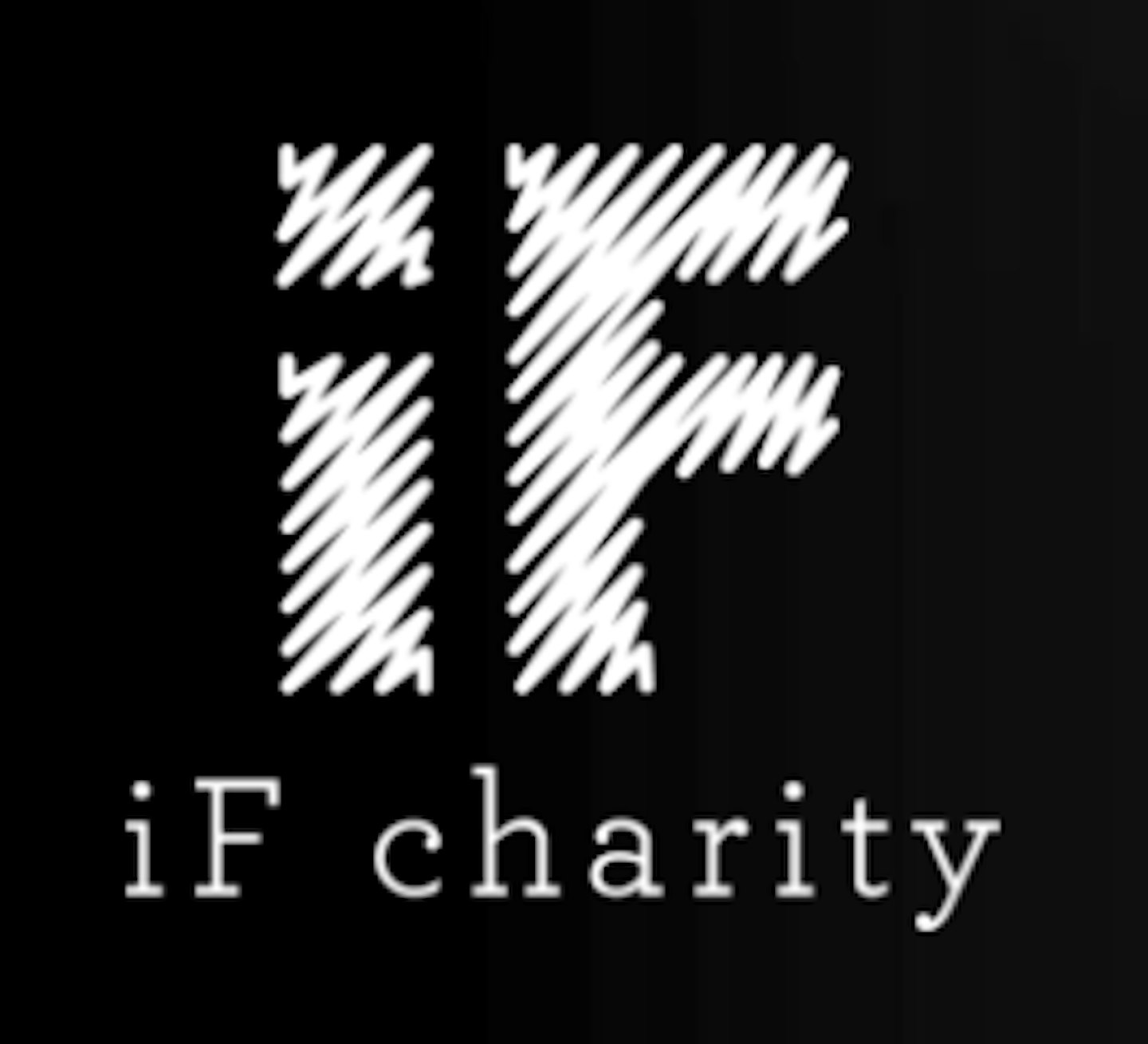 1 of 8
1 of 8iF Charity
iF charity are based within the Gaza Strip and provide food, medical support and Eid gifts directly to Palestinians. You can donate food aid, hygiene kits and financial aid in various packages, or whatever you can afford to give.
 2 of 8
2 of 8Save the Children
Save the Children provides vital supplies to injured children and their families in Gaza including life-saving medical supplies, food and clean water as well as hygiene kits for newborns and household essentials, such as soap and kitchen equipment.
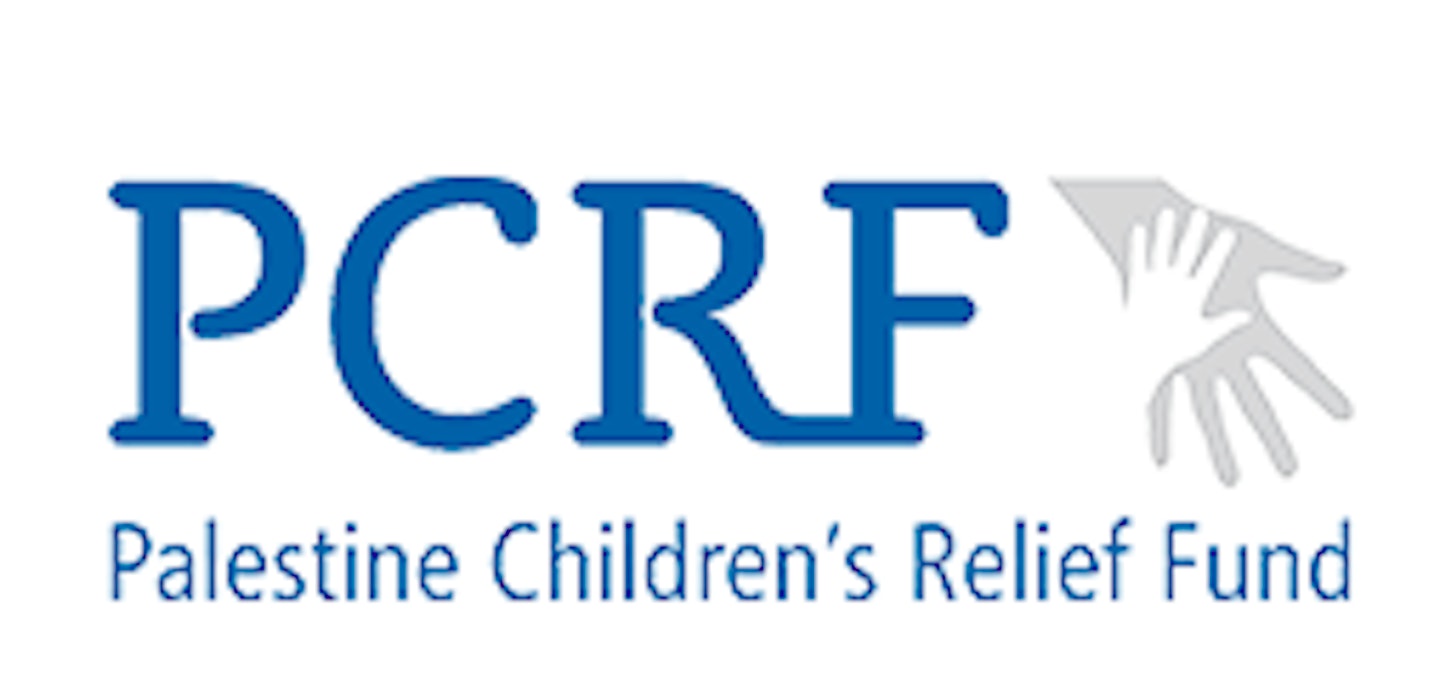 3 of 8
3 of 8Palestine Child Relief Fund
A grassroots organisation working directly with Palestinians, they are the only non-profit organisation sending volunteer doctors to the Middle East every year. Not only do they send injured children to for free medical care abroad that they cannot get locally, they sponsor orphans and disabled youths to meet their basic humanitarian needs and host large infrastructure projects, like building Gaza's first and only pediatric cancer department, where hundreds of children get free care.
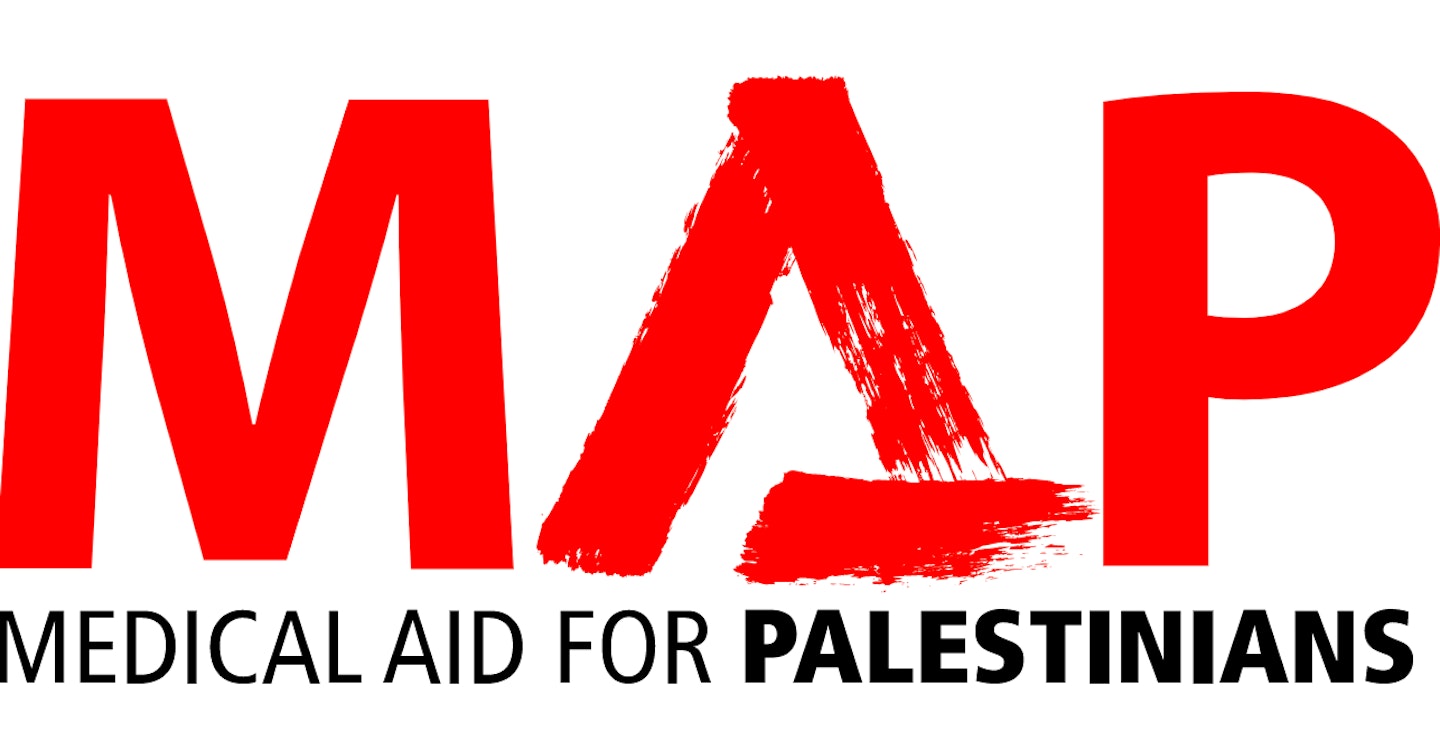 4 of 8
4 of 8Medical Aid for Palestinians
MAP works for the health and dignity of Palestinians living under occupation and as refugees. They provide immediate medical aid to those in great need, while also developing local capacity and skills to ensure the long-term development of the Palestinian healthcare system.
 5 of 8
5 of 8Rebuilding Alliance
Rebuilding Alliance delivers food, water, hygiene kits and blankets to families in need in Rafah, Gaza City, and Beit Hanoun.
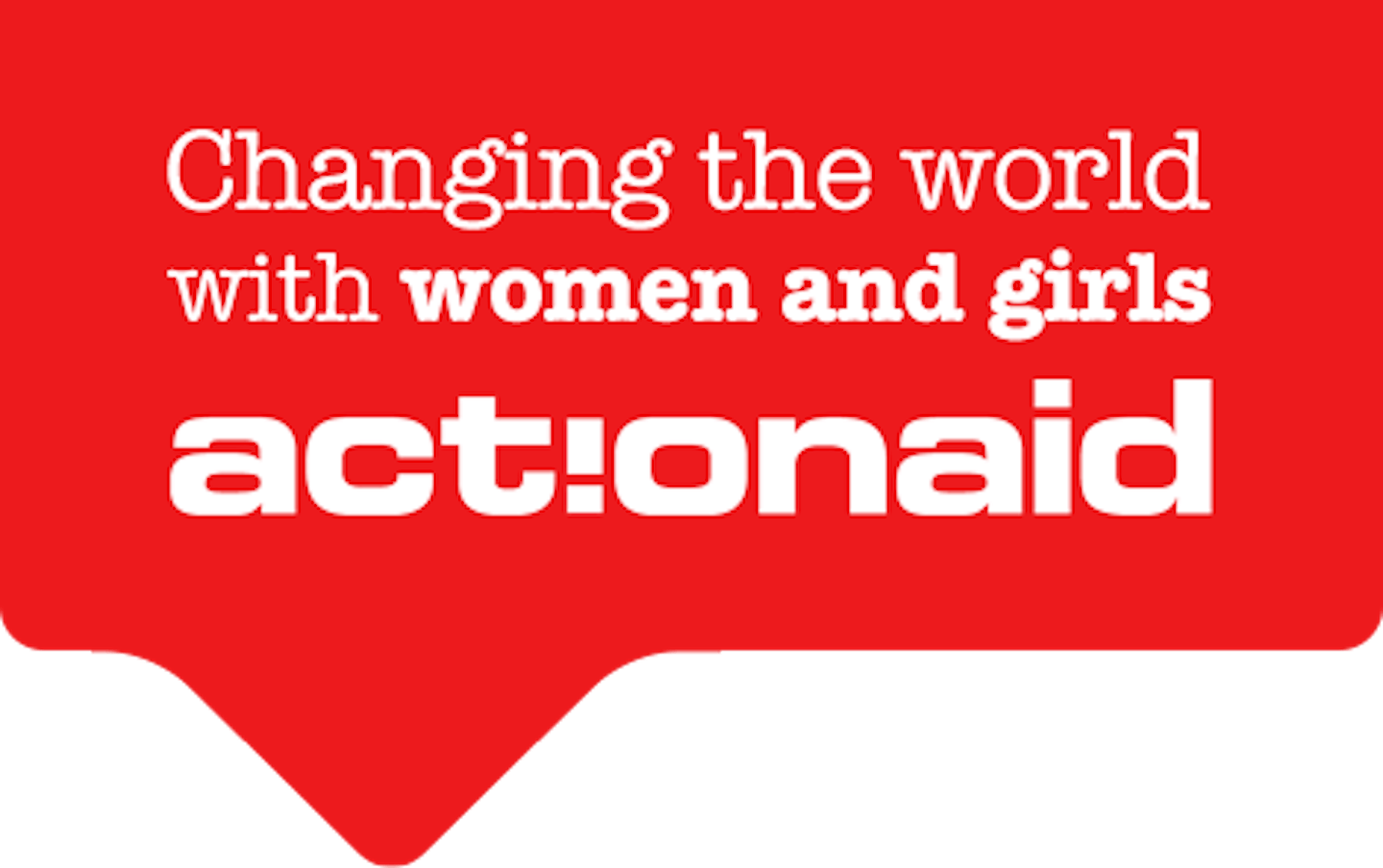 6 of 8
6 of 8Action Aid
ActionAid is working in Gaza with local partners to monitor the violence and provide support to some of the worst-hit families. Providing food, shelter, cash, and psychosocial help, they need urgent support to continue this work.
 7 of 8
7 of 8Human Appeal
Human Appeal are currently hosting a fundraiser on JustGiving aiming to provide Palestinian's on the ground with emergency food, medical supplies and clean water plus much more.
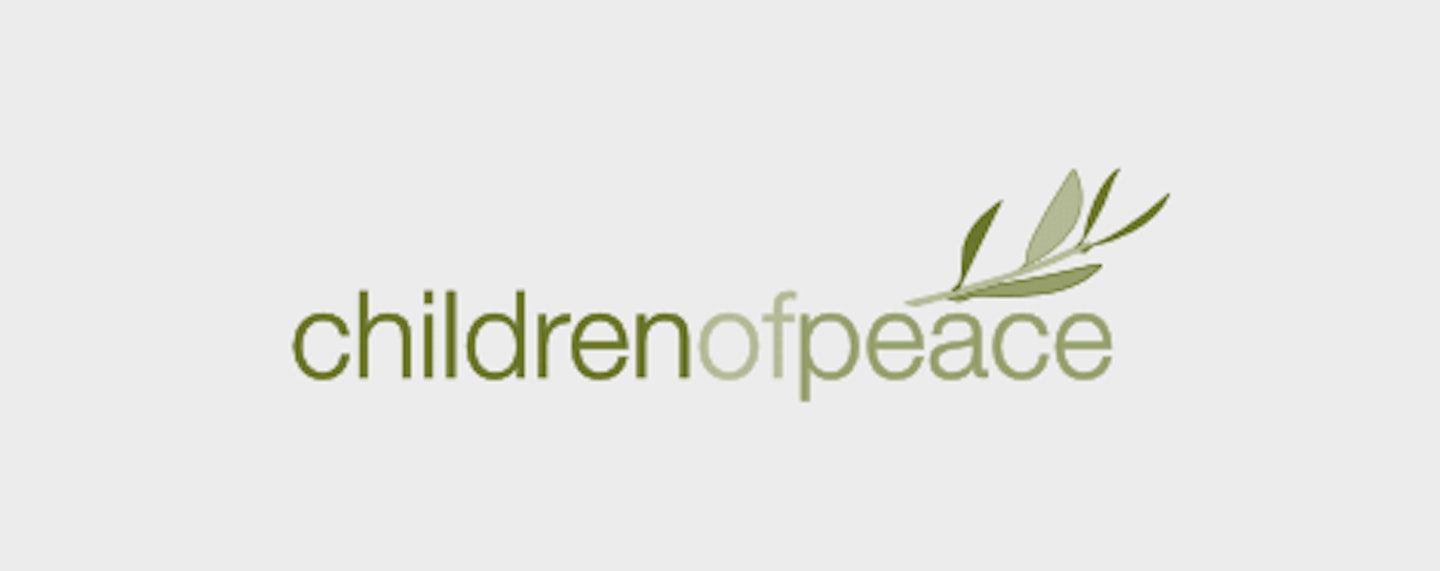 8 of 8
8 of 8Children of Peace
Children of Peace is a non-partisan children's charity organisation dedicated to building trust, friendship and reconciliation between Israeli and Palestinian children, aged 4 – 17, and their communities. They support grassroots community organisations that fund regional arts, education, health and sports projects.
.png?ar=16%3A9&fit=crop&crop=top&auto=format&w=1440&q=80)